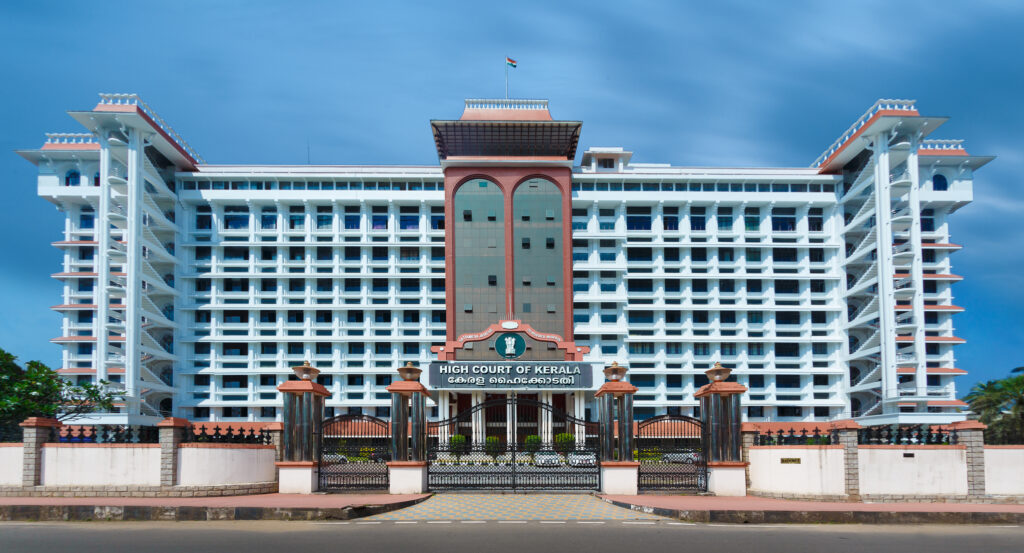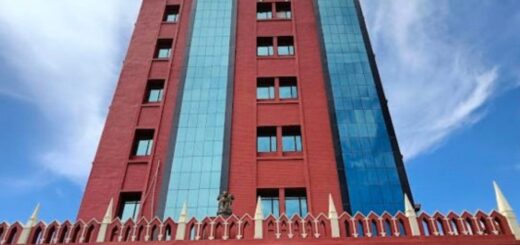Kerala High Court Rejects Request to Waive Four-Year Delay in GST Appeals, Finds Assessee’s Claim of Illness and Bed Rest Unconvincing.

The Kerala High Court rejected a Writ Petition from an Assessee who wanted to excuse the delay in filing GST appeals. The court noted that the Assessee’s claim of being sick and needing bed rest was viewed with skepticism. The Assessee sought to have the delay in filing Appeals under Section 107 of the Central Goods and Services Tax Act, 2017, excused. These Appeals were submitted almost four years after the Assessment Orders and were dismissed by the Appellate Authority for being late. Justice Gopinath P. stated that the Writ Petition was filed in 2024, which was another reason to deny relief. The Assessee did not approach the court in a timely manner. The claim of illness due to fatty liver disease was regarded with doubt. Therefore, the writ petition was dismissed.
Advocate Moosa E.S. represented the Petitioner, while Senior GP Thushara James represented the Respondents. The Petitioner challenged the Appellate Authority’s decision to dismiss his Appeals as late. The Assessment Orders were issued under Section 62 of the Act for not filing returns on time. The Petitioner argued that his medical issues caused the delay in filing the appeals, claiming he was advised bed rest due to a fatty liver condition. However, the Appeals were only filed in 2024, resulting in a significant delay. The Petitioner cited Calcutta High Court rulings to support his argument that requests for condonation of delay should be treated leniently. He claimed extraordinary circumstances hindered his ability to file on time and asked the Court to use its powers under Article 226 of the Constitution.
The High Court noted that the Orders being challenged were made in 2020, while the Appeals were submitted in 2024, almost four years later. The Court stated that the petitioner did not show any “extraordinary circumstances” that would allow it to use its powers under Article 226 of the Constitution. The Bench referenced the Supreme Court’s ruling in Singh Enterprises v. CCE (2008), which made it clear that Courts cannot extend the time limits set for filing appeals unless the law allows it. The Court also pointed out that while the Limitation Act, 1963, does not apply directly to appeals under the CGST/SGST Acts, Section 14 of the Limitation Act can only be used in special cases with extraordinary circumstances.
The Bench explained, “The Court will only use its powers in rare cases when it finds extraordinary circumstances that stopped the petitioner from filing an appeal on time, allowing them to contest an appeal filed after the deadline.” Furthermore, the Court added, “There is another important point. Although Article 226 of the Constitution does not set a time limit for filing a writ petition, it is established that a writ petition can be rejected due to excessive delay. The orders from the adjudicating authority were issued in February 2020, and this Writ Petition was only filed in 2024. This is another reason to deny relief. The petitioner did not come to this Court in a reasonable time.” As a result, the High Court dismissed the Writ Petition.
Cause Title: Baiju George v. Commissioner Of Goods And Service Taxes & Ors. (Neutral Citation: 2024:KER:87231)









